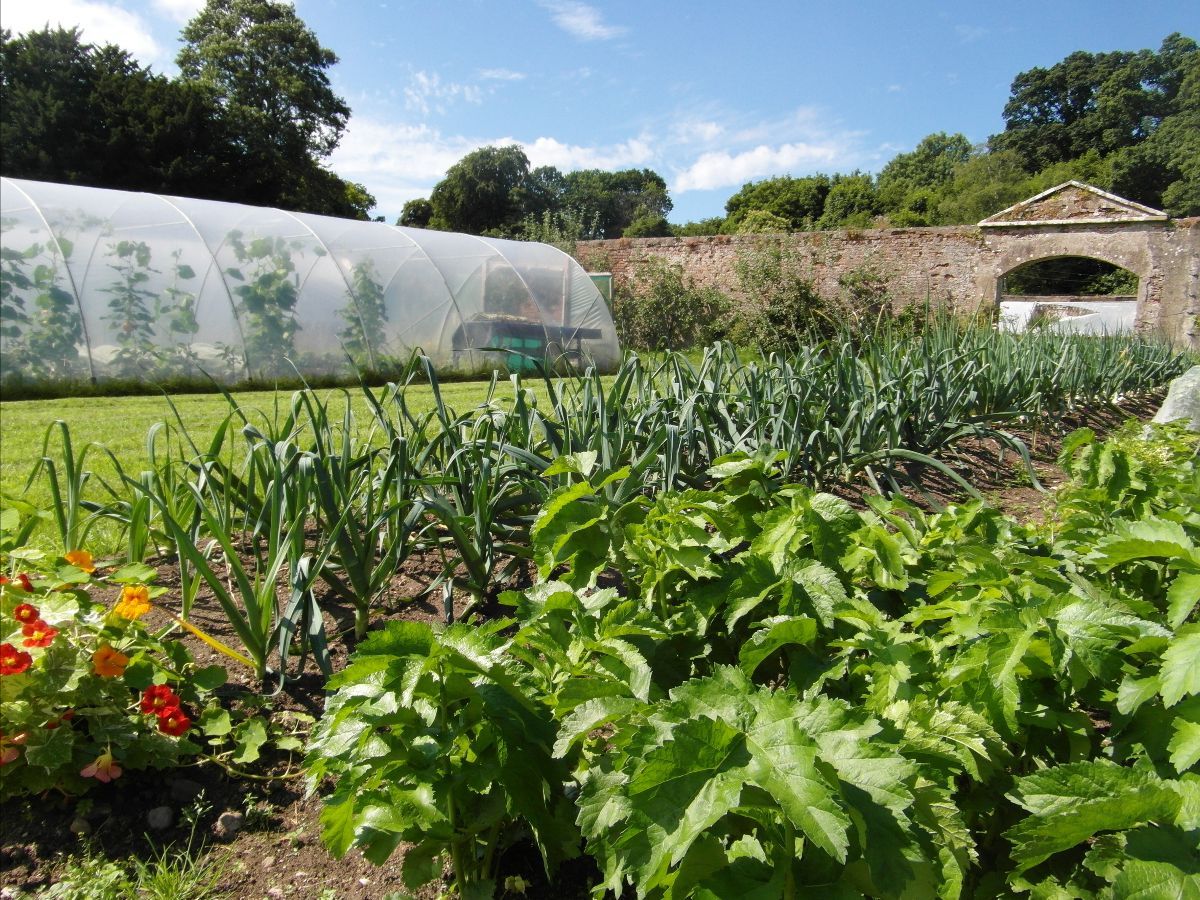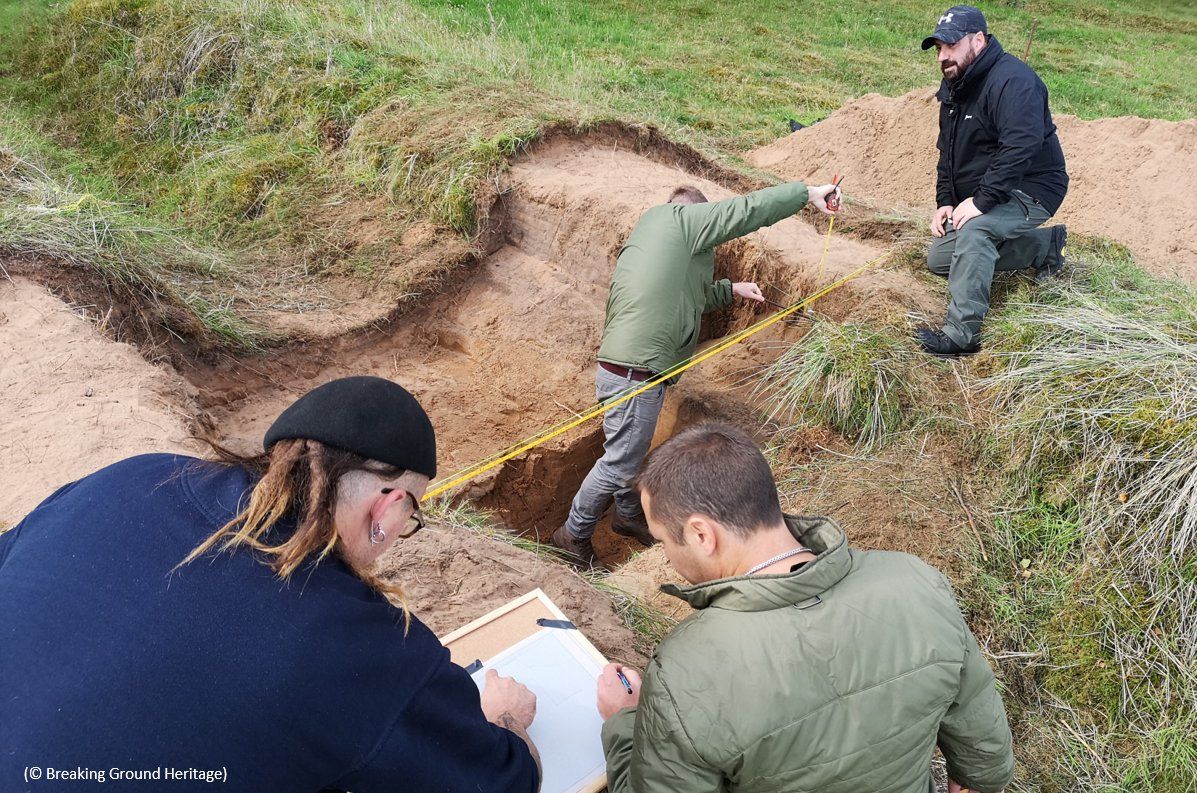Remembrance Day 2020 was a little different to previous years. With crowds prohibited and Royals masked, the scaled-back nature of this year's events seemed to reflect what has been an isolated year for many of us. Nonetheless, this did not make the day any less moving, with the pain of this year bringing a renewed sense of shared grief, but also solidarity and hope, to the country. To comply with national lockdown measures, this year's service was live streamed from the Cenotaph, with people all over the country taking part in remote and socially distanced Remembrance activities. We demonstrated our innate resourcefulness and will to connect across the country, for example the giant poppy mosaic filled with notes of thanks to military veterans. We also connected across lines of difference, with black poppies appearing more frequently as the nation attempts to confront systemic racism.
In a big way, then, technology has been a saving grace in this drive to (re)connect. Providing new ways to lived shared lives while geographically separate or shielding, we owe a lot to the power of virtual communication this year. The incredible impact of Sir Captain Tom Moore would not have been possible without the strength of social media, nor would families have been able to unite across counties, countries, and continents to celebrate Easter, Eid, and yesterday's Thanskgiving. With this month's theme of veterans and families health and wellbeing, recognising the significance of these connections is absolutely vital. It's also important to note the promising tech developments aimed at improving veteran's health and wellbeing, from the US's 'My Military OneSource' to 'HeadFIT' here in the UK.


What's more, November is 'arts in health' month, and we've been considering the role the arts and other creative activities can play in wellbeing for veterans. Below, we introduce the Defence Gardens Scheme Community Interest Company, the work of our lovely committee member Sally Coulthard. This initiative offers nature based therapy to service leavers and their families, drawing on the therapeutic benefits of gardening and the community building opportunities these gardens offer. Help for Heroes' 'Creative Force' Programme is built from the same principles, helping ex-service members to process and recover from the mental and physical ramifications of military service using art and other creative outlets.
One of these outlets is poetry, and the verse I began with demonstrates the ways that creativity can both encourage therapeutic growth and bring people together. The poet in question is Simon Bangert, former member of the Corps of Royal Electrical and Mechanical Engineers and Ambassador for Help the Heroes. Simon penned this poem to cope with his PTSD and convey the "strength of the veteran community and brotherhood that serving has, in that we will fall down with you, but we'll also be there to pick you up". Reading this poem, I was reminded of the importance of community and networks, such as the one we have created, for enjoyment, growth, but also healing. I hope that we can provide an outlet for anyone who needs to feel heard and cared for this year.
See the full newsletter: Veterans and Family Health & Wellbeing
Visit the
